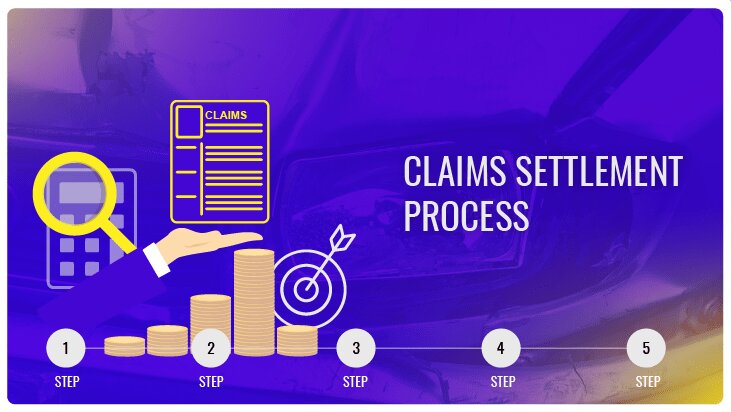
Claim settlement is the final stage of the insurance claim process. At this stage, the insured has notified the claim, and all parties involved have completed their duty. The insurer can settle claims that occur and are accepted under the provisions of the insurance contract in the following ways:
- Payment of money
- Replacement of the item covered
- Reinstatement
- Paying for repairs
Payment of money: This could be done in cash, cheque, or an electronic transfer to the beneficiary of the claim proceeds as stipulated in the contract. It is the easiest way to grant indemnity. This can be seen mostly in life insurance. You can refer to this post to learn about professional indemnity insurance.
Replacement: there could be an arrangement by the insurer to replace the lost, damaged or stolen goods. The most common type of replacement is in car insurance.
Reinstatement: An insurer can agree to reinstate a claim settlement, especially in the case of a damaged building. This also means that the insurer will pay the cost of restoring the building in full even if it exceeds the agreed sum insured.
Paying For Repairs: An insurer can easily opt for payment for repairs. In this case, the insurer requests for a written estimate for cost of repairs and paying the cost directly to the repairer. This type of settlement is also common in car insurance
Methods of Claim Recovery
There are three significant ways an insurer can recover insurance claims once the claim has been fully paid, and they include the following:
Contribution: this is the right of an insurer that has paid the claim in full to ask other insurers who are also liable to share the claims payment
Subrogation: this is the right of the insurer to make recovery from any third-party who must have caused or contributed to loss or damage
Right Of Recovery: this may occur where the lost or stolen item is recovered after the insurer must have paid the claim. If the claim money is returned to the insurer in full by the insured, he has the right to collect the property back from the insurer.
How to improve insurance claims processes
We frequently attribute one of the key causes for insurance companies negative reputation to the claims process. Consumers realize that premiums are required to keep their insurance coverage active; nevertheless, what makes those premiums worthwhile comes into play when a claim is filed.
Customers expectations
Companies that try to make processes easier for their customers are more likely to be efficient.
This includes a higher client return rate, which will affect their financial gain and overall customer satisfaction. It actually benefits everyone.
1. Understand all the factors that affect the claims process today
As with many other industries, the insurance industry is going through several changes.
Understanding it can achieve the factors that affect the claim process through data mining and analysis.
- What does the pain points of filing claims during this period feel like?
- Reported pain points in the industry?
- Are some new technologies being introduced to address those pain points?
- As an insurer, how can you lead this transformation?
These are some in-depth questions to keep the claims process consumer-centric
2. Include processes that clarify that the customer is the focus
Making the insurance claim process seamless across multiple channels benefit the customer and company in the long run.
Including multiple channels that go further than the telephone or emails but include even social media platforms heightens the experience of facilitating a customer experience when making this transaction.
Dealing with an insurance claim means the customer is going through a stressful period.
The least the company can and should do is to simplify the process by making it clear through actions they are on the customer’s side.
3. Consider mobility for Customers.
Insurers need to make sure they build the claim process to be as efficient as possible. By making services accessible through an app, it simplifies the complexity of the process.
When customers can check the status of a claim on an app or when adjusters can go to the field and process data on the spot.
The process becomes accelerated and even more accurate.
Conclusion
Some insurance claims may be false, and the insurer must research the claims before settling them at any cost. In Nigeria, any insurer who fails to examine claims after receiving information from the insured is committing a crime.
Every insurance business has a claims unit to avoid fraud. This unit collaborates closely with the underwriting and audit units to ensure the legitimacy of all claim notifications received by the insurer.
Customers are happy when insurance claims are processed efficiently, even in already sad situations. As a business, you can benefit from huge cost reductions. They can automate many manual tasks.
This will free up agents’ time so they can focus on the customer. Communicating across different platforms will inform the customer that they may reach you via any means. This will make the procedure easier to navigate as you become less stoic.
